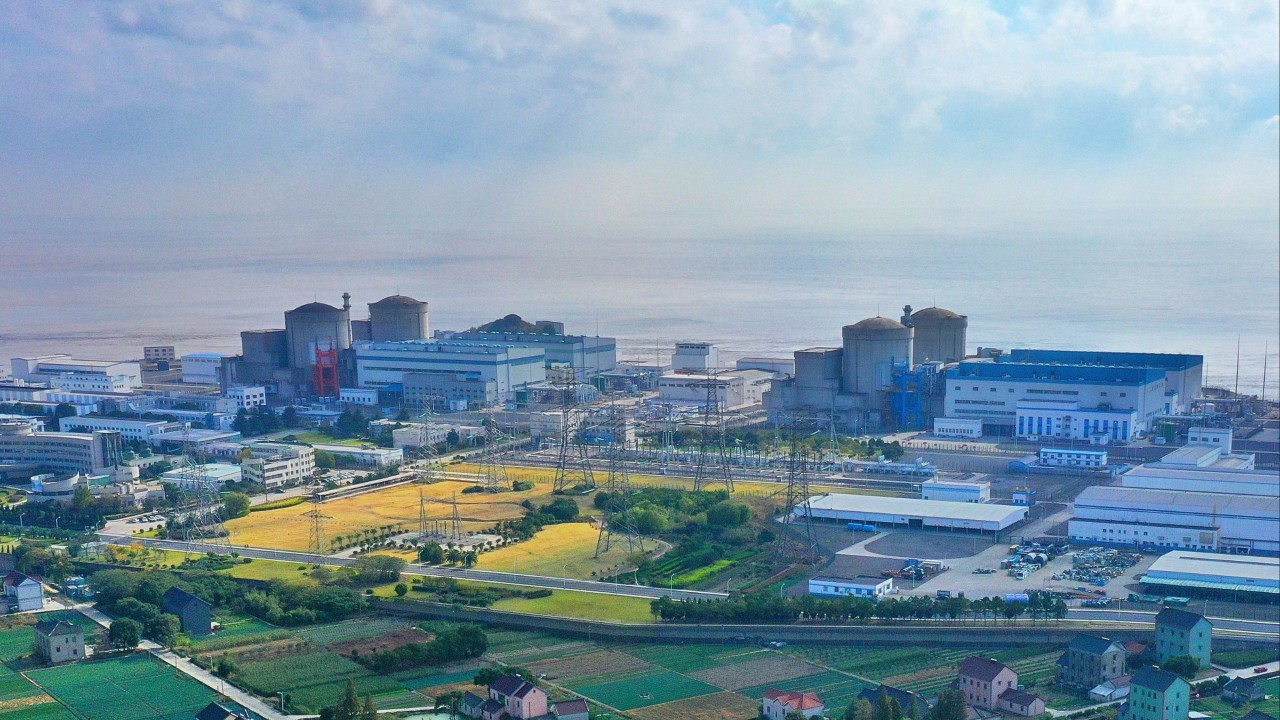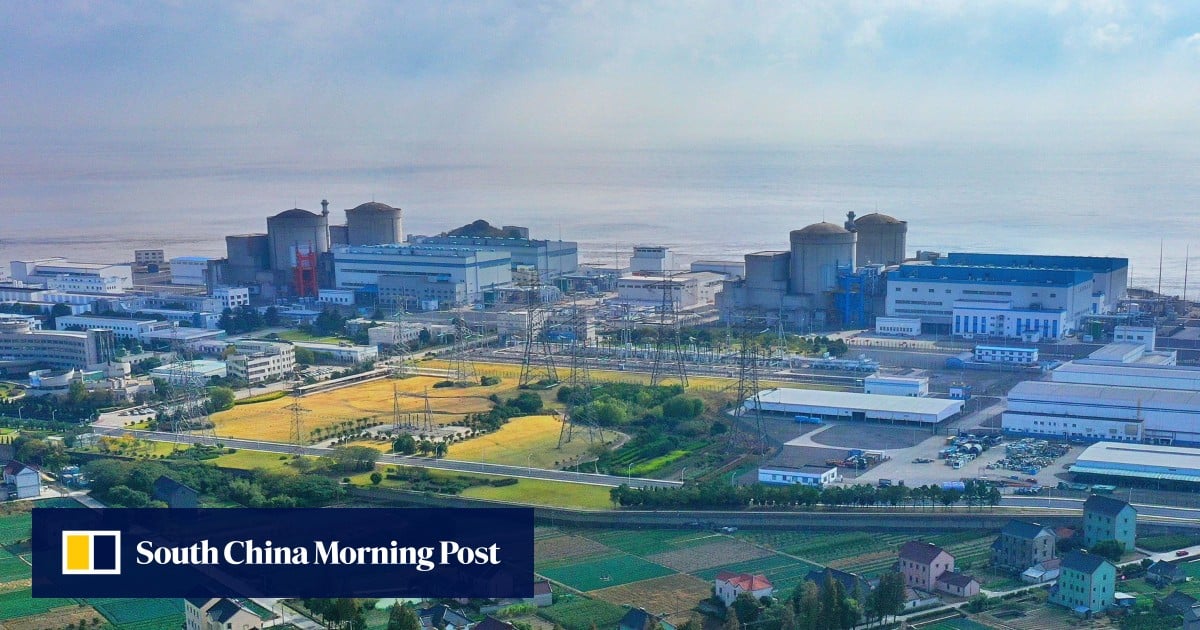
China has started mass production of a radioactive isotope widely used in science and medicine, putting the country on the path to ending its near-total reliance on imports.
State-run China Science Daily reported on Sunday that a commercial nuclear reactor in the eastern province of Zhejiang was mass producing carbon-14, an isotope with applications ranging from detecting bacterial infections to monitoring water quality.
China has been almost totally reliant on imports of the isotope, sourcing supplies from countries including Canada, South Africa, Australia and Russia.
Supplies from Canada were cut in 2009 when the world’s largest supplier of carbon-14, Canada’s National Research Universal reactor, ceased production after a leak was detected. The reactor resumed production a year later.
“China’s carbon-14 supply has been almost entirely dependent on imports, the price is high and the supply is not guaranteed,” the newspaper reported.
State-owned Science and Technology Daily reported in 2022 that in recent years China had imported more than 90 per cent of medical isotopes and was limited in the variety it could buy.
In June 2021, the China Atomic Energy Authority, together with various ministries, launched a plan to produce medical isotopes in China to stabilise and ensure supplies within the country.
That plan reached a milestone on Saturday afternoon when the isotope was extracted from a heavy water reactor unit of the Qinshan Nuclear Power Plant.
China hosts global nuclear safety conference but Fukushima will not feature
China hosts global nuclear safety conference but Fukushima will not feature
It first went into operation in 1992, and is the only facility in the country with commercial heavy water reactors, technology that was supplied by Canada.
The heavy water technology enables more stable operation at high power for a longer time than other kinds of reactors, according to CNNC.
The company said the Qinshan plant teamed up with a number of institutions including the Shanghai Nuclear Engineering Research and Design Institute to realise the mass production plan.
The project was launched in 2019 to demonstrate its feasibility, and the first commercial production of carbon-14 was in April 2022.
“It is expected that about 150 curies of carbon-14 isotopes can be produced annually,” state news agency Xinhua quoted plant general manager Shang Xianhe as saying on Saturday.
Shang said he expected the output would be enough to “completely meet the market demand” of China.
According to CNNC, the carbon-14 isotope will go on the market this year.
China aims to expand use of nuclear power amid threat of energy crisis
China aims to expand use of nuclear power amid threat of energy crisis
In addition, the Qinshan plant is simultaneously installing an advanced irradiation isotope production facility that will be able to produce isotopes such as lutetium-177 and yttrium-90, which are also used in medicine.
Meanwhile, construction of the world’s most powerful solution-type medical isotope test reactor also began in January this year in southwest China’s Sichuan province.

